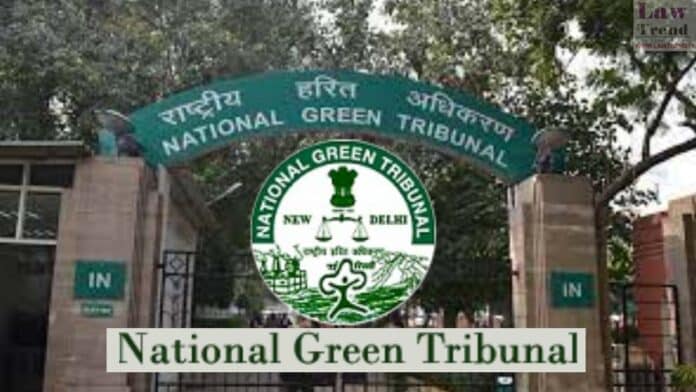The National Green Tribunal (NGT) has been at the forefront of addressing diverse environmental challenges throughout 2024, taking significant steps to combat pollution and safeguard natural resources across India.
Throughout the year, the NGT has closely monitored environmental concerns, particularly air quality issues that have left residents of the national capital struggling for breath. The severe air pollution in Delhi, exacerbated during the winter months, prompted the NGT to order the Commission for Air Quality Management (CAQM) to devise a quantifiable and comprehensive action plan. This directive aligns with the tribunal’s enforcement of the Graded Response Action Plan (GRAP) aimed at systematically reducing air pollution levels in the National Capital Region (NCR).
In response to persistent air quality degradation, the NGT took suo motu cognizance of a study highlighted in media reports, which identified emissions from thermal plants and specific weather conditions as major contributing factors. Not limited to Delhi, the tribunal extended its oversight to 53 other cities facing similar air quality deteriorations, mandating detailed reports on pollution sources and remediation measures.
Water pollution also received considerable attention, with the NGT directing efforts to protect revered rivers like the Ganga and Yamuna ahead of the Mahakumbh in Prayagraj. The tribunal emphasized the need for continuous monitoring and maintaining water quality to safe standards for drinking and bathing. Additionally, it stressed the importance of preventing sewage discharges into these rivers, with directives for district-wise action plans and stringent oversight of sewage treatment plants (STPs).
Solid and liquid waste management was another area of focus. The NGT examined compliance reports from various states and union territories, addressing discrepancies in waste processing and the remediation of legacy wastes. Notably, the tribunal criticized Bihar for inadequate progress in managing its waste challenges.
Furthermore, the NGT tackled issues related to the protection of floodplains, formulation of coastal zone management plans, and the depletion of green cover. It also issued directives aimed at curbing illegal activities such as sand mining and the felling of trees in forest areas, which are critical to maintaining ecological balance.
Groundwater conservation was a priority, with the NGT ordering the sealing of illegal borewells and initiating measures to prevent over-exploitation of this vital resource. The tribunal also responded to groundwater contamination issues, notably with arsenic and fluoride, by issuing notices to 24 states and four union territories demanding immediate preventive actions.
The year also saw the NGT addressing industrial accidents and hazardous waste management, ensuring that environmental norms are strictly followed and that violators face stringent penalties.
In a notable decision, the NGT ordered the restoration of Jawaharlal Nehru Stadium following its littering with waste after a concert, highlighting the tribunal’s commitment to maintaining cleanliness in public spaces.




